Why World Cup 2014 Is France's Best Chance of Success Since 2006
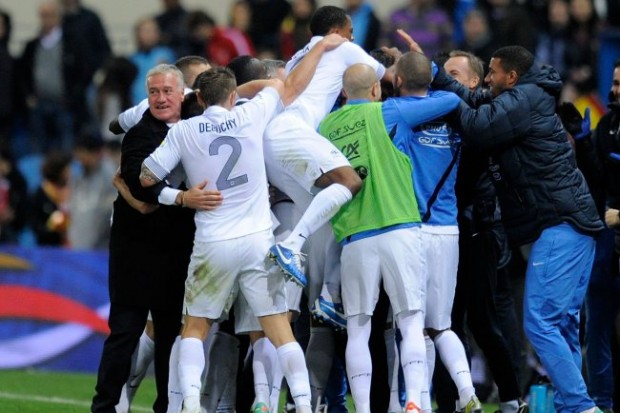
The 2006 World Cup was the end of a golden generation for France. Zidane, Lilian Thuram, Claude Makelele, Fabien Barthez and Sylvain Wiltord played their last tournament together in Germany, reaching the final against the odds only to lose on penalties. Though Thuram and Makele would go on to represent les Bleus again at EURO 2008, Zidane’s retirement from football in the aftermath of an ugly altercation with Marco Materazzi in Berlin ripped the heart out of a French team that has yet to recover from his absence. That search for the elusive replacement for Zizou has not yet turned up a credible replacement, but Didier Deschamps has begun to finally get a handle on the mental problems that have plagued les Bleussince Raymond Domenech’s reign. The fact that Domenech led France to the World Cup final in 2006 despite being one of the country’s most unpopular coaches in history is remarkable. What it also tells you, though, is that a large element of that side managed itself.
France no longer have the luxury of being able to call on the veterans of 1998 and 2000 anymore, and because of that Deschamps is having to shape a new generation of talent—albeit a less talented one that no longer boasts the presence of archetypal footballers such asZidane, Makelele, Patrick Vieira, Lilian Thuram and Thierry Henry. Yet there is still considerable talent in Deschamps’ ranks. However, the problem with some of those players is that they contribute towards a highly combustible atmosphere when the squad gets together that has all too often undermined the team’s efforts to win a major tournament before it even starts. Samir Nasri is arguably the most suitable heir to Zidane’s throne but his lack of first-team football and questionable attitude when involved in international tournaments looks to have destroyed his career withles Bleus for now. That is because Deschamps is picking up the pieces from LaurentBlanc’s disappointing reign in charge of the team and is doing it without a number of questionable influences. Something that France have not had for a long time, further back than the 1998 World Cup, is a squad free from dominant individual influences and a team that has a real sense of unity.
The former Marseille manager, slowly but surely, is putting together a team that fits his idea of what France needs to be to succeed once more on the international stage. Ironically, it is a team moulded in his image, hard working but of limited skill, passionate and inspirational yet no built around one or more individual talents. Deschamps was never considered a talented player; he was considered a worker or a “water carrier.” But it is that self-sacrificing attitude and loyalty to the collective that will give France their greatest chance of success at an international tournament since 2006. Whilst the likes of Mathieu Valbuena, Jeremy Menez, Franck Ribery and Karim Benzema are highly talented individuals, all bar the latter have managed to buy into Deschamps’ team ethic to a degree. This has been helped by the emergence of the likes of Maxime Gonalons, BlaiseMatuidi, Moussa Sissoko as key members of the team.
An injection of youth that threatened to blossom under Blanc but was never quite given a chance, has now taken centre stage. Domestic talents such as Mamadou Sakho and Mapou Yanga-Mbiwa (now at Newcastle) have become key components of the team ahead of foreign-based players like Adil Rami. Blanc claimed that he would champion the cause of his home-based charges and reward them for their loyalty to Ligue 1 football, he never quite did.
But a strong run in the samba sun could also lead to unexpected and perhaps premature success if Deschamps can perfect his lineup further, possibly including one or two more big-name casualties. But that is the price of success, and Deschamps is doing what needed to be done in the aftermath of 2006, if not before. France for too long relied on ageing talent and it was time to give youth, French football’s most valuable commodity in domestic terms, a chance. Only then canles Bleus finally start to emerge from the dominant shadow of their illustrious past.

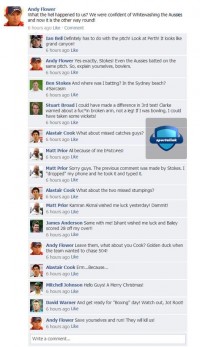
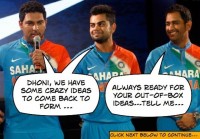
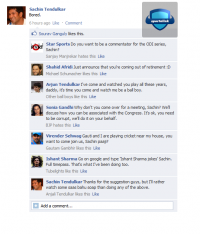
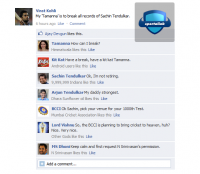
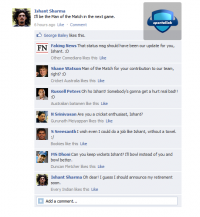
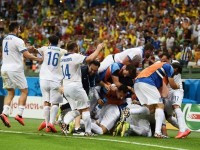
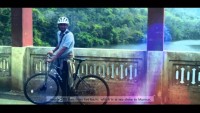
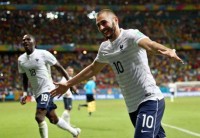
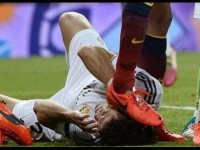

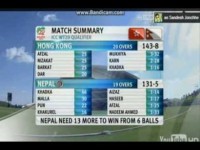
0 Comments/Replies